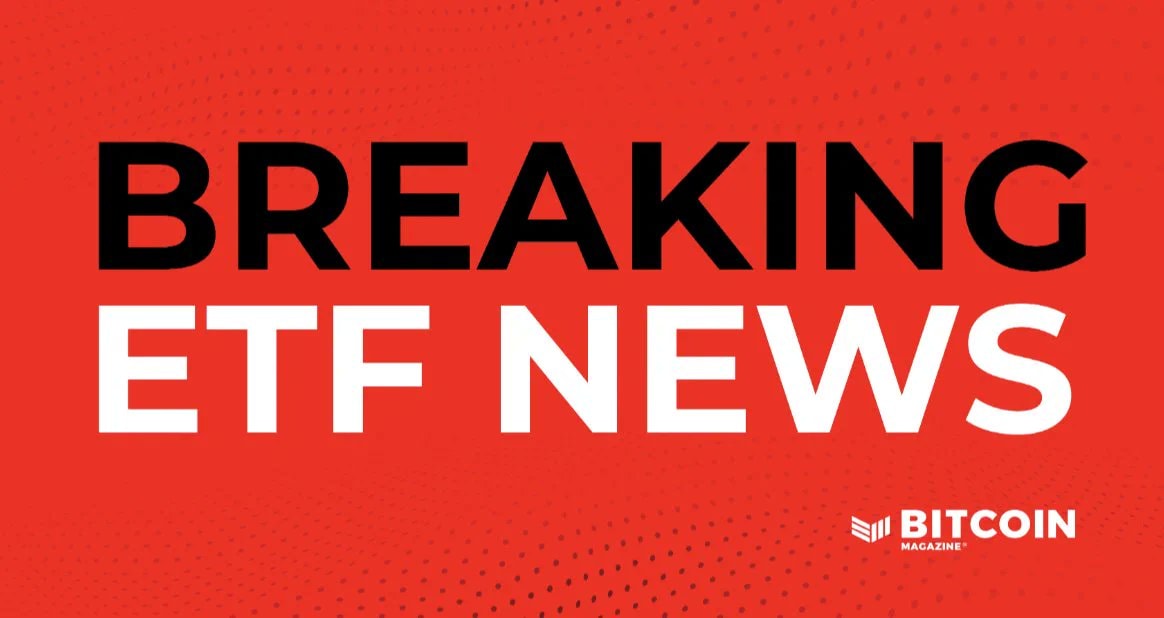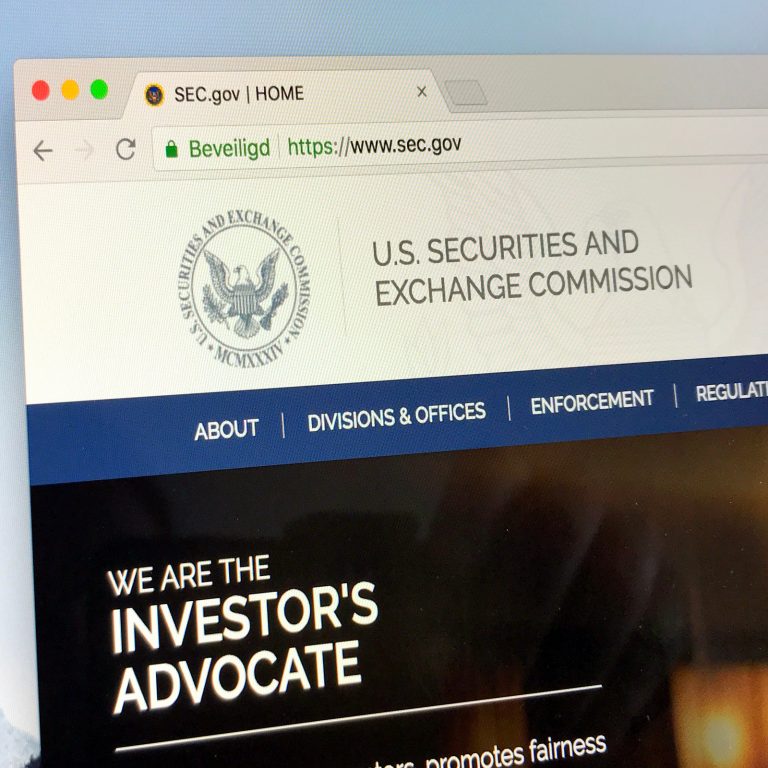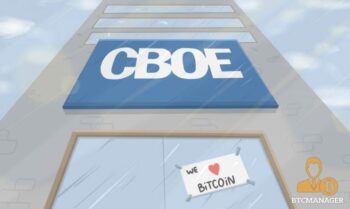2018-7-30 15:53 |
The U.S. Securities and Exchange Commission (SEC) has again rejected Tyler and Cameron Winklevoss’ application for a Bitcoin exchange-traded fund (ETF). The first rejection came in February 2017, with the SEC citing the largely unregulated nature of the BTC markets. This time, the SEC noted in its rejection that the Winklevoss’ application did not demonstrate that their exchange would be able to prevent fraudulent and manipulative acts.
Now, money management firm VanEck has responded to the SEC’s concerns over bitcoin exchange-traded funds (bitcoin ETF) in a letter to the regulator made public on the agency’s website.
The firm addressed the letter to Dalia Blass, director of the SEC’s division of investment management. In the letter, they tackle the five points of order from the SEC’s previous communication with the industry: Valuation, Liquidity, Custody, Arbitrage, and Potential manipulation.
Given below are VanEck’s explanation for each of the 5 concerns.
Valuation:VanEck says that it does not see valuation as a “novel issue” for a futures-based bitcoin ETF because it is already common practice to use futures to build an investment profile in an asset. However, the valuation of such contracts VanEck says, is a well-established practice, with more than 100 exchange-traded products currently listed on U.S. exchanges basing their value on futures contracts. In the company’s opinion, prices from CBOE and CME are enough to adequately determine an ETF’s net asset value.
Liquidity:The firm points out that the bitcoin market is a very liquid one, with an average trading spread of less than five basis points. It also makes the point that the bitcoin futures market has been efficient against the physical bitcoin market, with the total volume of the CBOE and CME coming up to $200 million.
Custody:ETF will not invest in physically settled bitcoin contracts, but it could engage with market players to find a solution to satisfy direct custody requirements. Until such arrangements are possible and viable, it says, the status quo remains in effect.
Arbitrage:The letter states that the diversified, decentralized nature of bitcoin exchange activities allows for arbitrage trading due to price differentials and inefficiencies across different exchange platforms. Bitcoin markets are not significantly more volatile than gold miner stocks or comparable equities and are only thought to be so because of the novelty of the technology.
Potential Manipulation:According to VanEck, such risks with its ETF are overwhelmingly mitigated by its nature as a regulated product traded on a US exchange. As the letter says,
“While one cannot rule out manipulation in the underlying spot market, we believe that, due to the diversified ownership and volume of trading, the market does not have major, structural vulnerabilities. Therefore, the Commission’s increased enforcement and regulatory actions can reduce the number of bad actors in a basically sound market.”
The letter concludes with these lines,
“For the reasons stated above, we believe that our proposed ETF will operate consistent with the rules and requirements of the 1940 Act. Further, by offering investors exposure to bitcoin through a regulated investment product, we believe the proposed ETF will be consistent with the Commission's mission to protect investors, maintain fair, orderly, and efficient markets, and facilitate capital formation.”
origin »Bitcoin price in Telegram @btc_price_every_hour
Bitcoin (BTC) íà Currencies.ru
|
|































